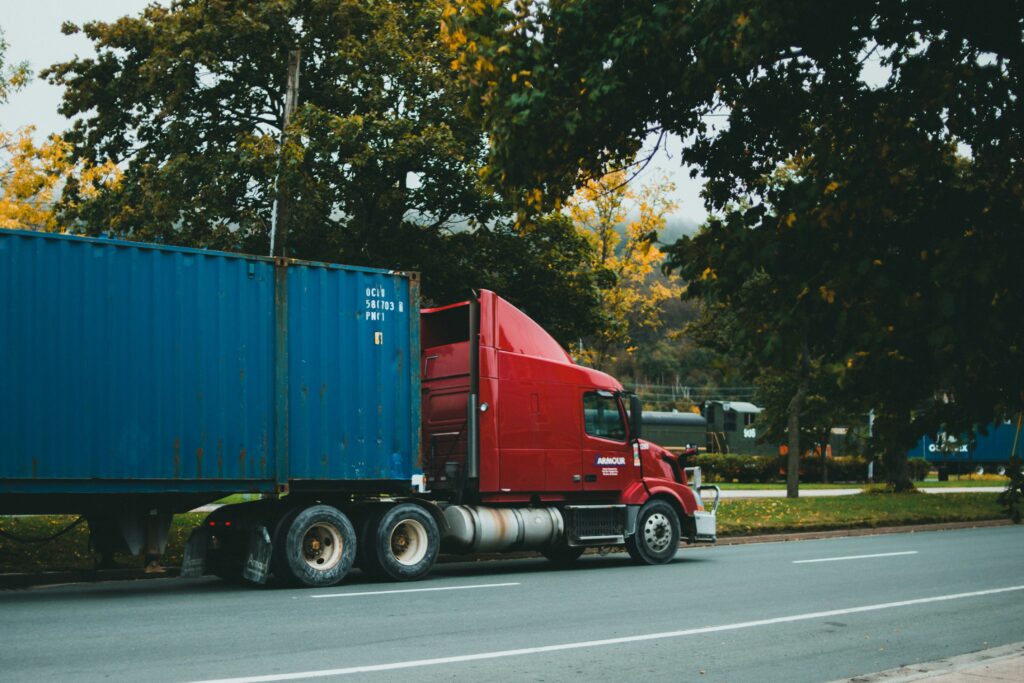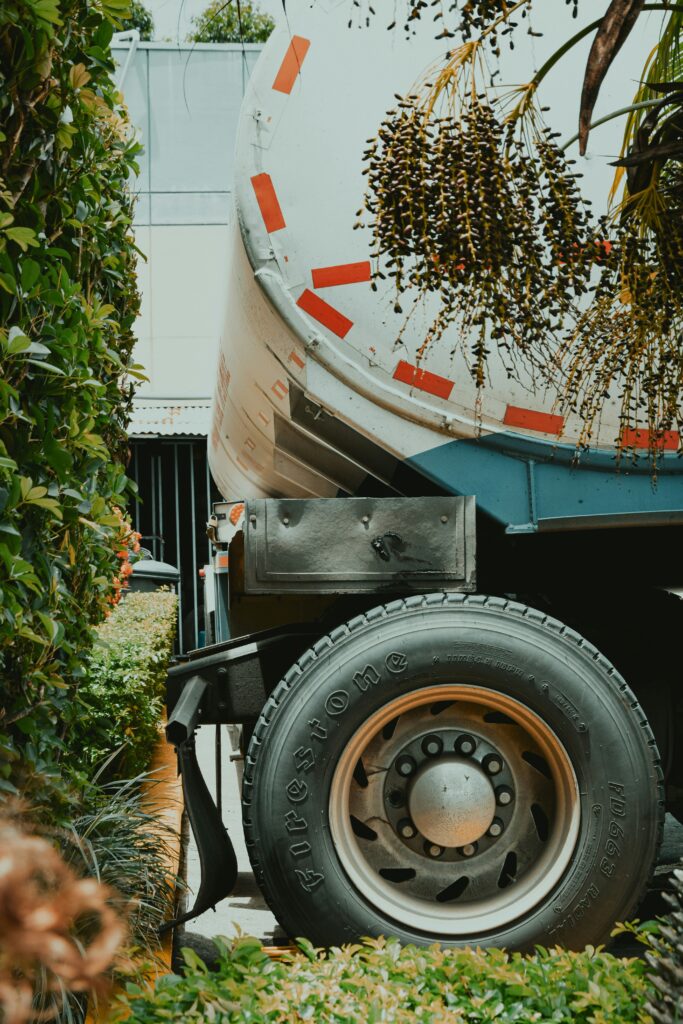
How long do wheel bearings last?
Wheel bearings are crucial to the smooth, safe, and efficient performance of a vehicle. They ensure wheel rotation while supporting the weight of the vehicle, which in the case of a fully loaded HGV, can be significant.
When they are failing, the consequences can be significant, ranging from loss of performance, to poor control and grinding noises when accelerating or turning. Should they fail while out on the road, the wheel could become detached from the vehicle.
How long should a wheel bearing last, what indications are there that wheel bearings may be failing, and how often should wheel bearings be replaced
How long does a wheel bearing last?
The lifespan of a wheel bearing will be determined by a range of factors such as the driving conditions, terrain, and load, and exposure to moisture or other contaminants. Improper installation may also lead to premature wear. On average, the answer to the question, how long do hub bearings last, will be somewhere between 75,000 and 150,000 miles.
However, they can be unpredictable due to various elements, so regular inspection is essential. Wheel bearings should be replaced when signs of failure begin to appear, to ensure that the vehicle is safe. This is even more important for HGVs with significant workloads where the potential for accidents may be greater.
Can I drive a car with a bad wheel bearing?
Driving any kind of vehicle with bad wheel bearings should be avoided because wheel bearings are essential for smooth wheel rotation and vehicle alignment. A failing wheel bearing may lead to steering difficulties and reduced braking performance. In some cases, it can also lead to a catastrophic wheel detachment. This is highly dangerous for any vehicle, but for HGVs the risks increase significantly due to the larger size and weight of the vehicle. When an HGV is carrying a heavy load, a wheel detachment can create serious issues for the driver and other road users.
As well as safety risks, failing wheel bearings in an HGV put extra stress on the hub assembly, axle, and suspension that can lead to extensive damage. This can become costly to put right.
If you suspect wheel bearing failure when driving, it’s essential that the issue is investigated and driving distances are kept to a minimum.
Do bearings give any warning before they fail?
While there is no single definitive answer to the question how long does a wheel bearing last, there are some indications that a hub assembly may be beginning to fail. One of the first, and most common indicators, is an unusual noise that appears to come from the wheel. This might be a grinding noise, humming, or rumbling that will typically become louder when the vehicle is turning or accelerating. This is usually quite noticeable and is caused by wear and damage to the bearings. Investigating the source of any noise from the wheels can prevent a minor issue quickly developing into a much more significant one.
A sign of more significant issues might be wobbling or increased vibration in the steering wheel. This can become particularly noticeable when the vehicle is moving at higher speeds. This can quickly hamper driving an HGV and is caused by a lack of smooth wheel rotation.
Drivers might also notice that tyre wear is more rapid than usual, or that it looks uneven. This is caused by misalignment and irregular pressure on the tyres. This can also create problems for drivers as the vehicle may pull to one side.
If you notice a burning smell near the wheel, then this is an indication of excessive heat build-up in the wheel hub. The wheel may feel unstable or loose if the problem is severe.
All of these issues need investigating as quickly as possible. If you ignore any of them it may lead to the complete failure of your wheel hub, causing extensive damage and risking the safety of the driver and other road users.
How often should I replace wheel bearings?
Unlike cars, HGV wheel bearings have to cope with significantly higher stress as a result of the load they carry. This means that regular inspection and maintenance is essential to prevent issues developing. Wheel bearings in HGVs should be inspected at least every 50,000 miles. Checking wheel bearings should be included in routine maintenance schedules, and replacement isn’t usually required at a fixed interval. Instead, they should be examined for signs of wear and tear, with high quality bearing lasting anywhere between 100,000 and 150,000 miles. This can vary considerably depending on driving conditions.
If vehicles are regularly exposed to rough roads, heavy loads, or water and contaminants, the longevity of wheel bearings will be reduced. Drivers and hauliers should always follow the manufacturer’s guidelines and ensure that vehicles are regularly inspected by a professional mechanic.
Expert advice and high-quality parts from CV Hubs & Bearings
Inspecting your wheel bearings is an essential safety and maintenance task for fleet owners, managers, and drivers. Ensuring that your wheel bearings are fit for purpose is vital to keep your vehicles safe and operational
At CV Hubs & Bearings, we’re specialists in all things HGV, bus, and trailer wheel hubs and bearings. Our experienced team is always on hand to answer any questions you may have.
We stock an extensive range of wheel hub components for a wide range of vehicles.
Contact us to find out more about our services
Back to news

